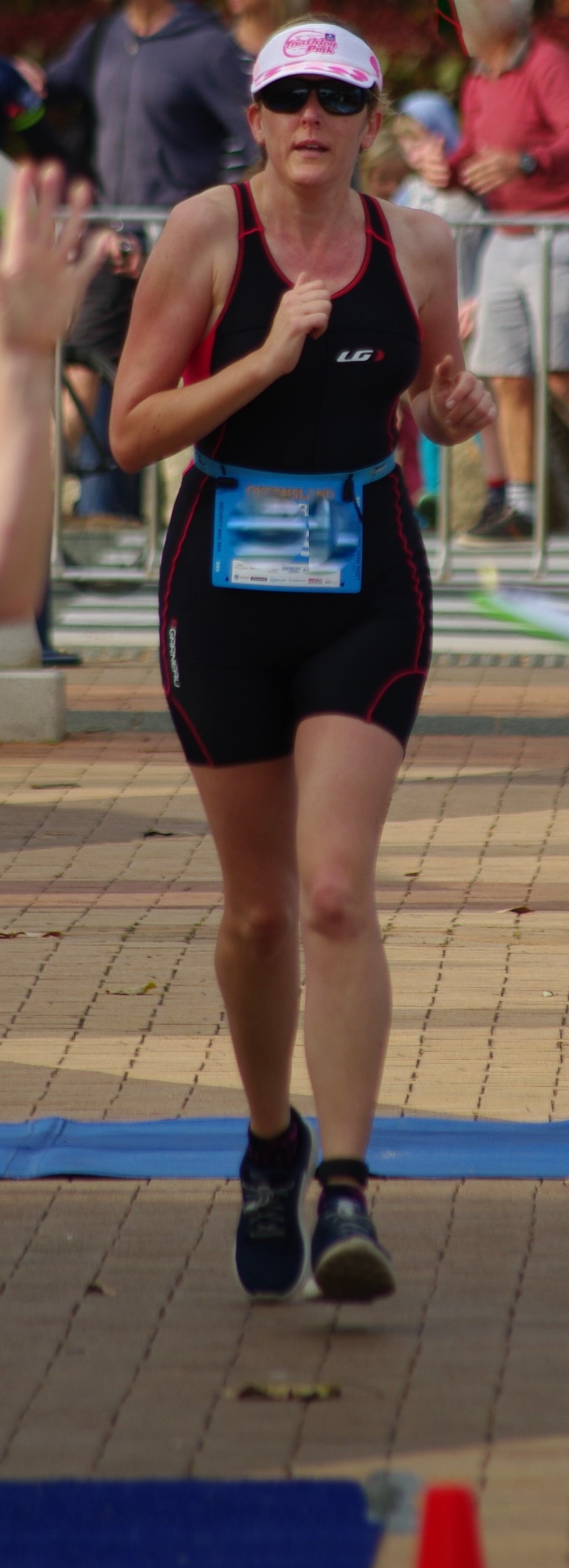We had been busy packing for my 16-year-old daughter’s school trip to France. She was due to fly out the following afternoon. We had visited the doctor earlier on that day for a follow up blood test. There had been problems with a prolonged menstrual period and my daughter had wanted to sort it out before she embarked on her overseas school trip.
The suitcases were packed, and we were assembling the hand luggage when the phone rang. It was 4 pm, three hours after the blood test. “Please head straight to the emergency department’, the Doctor was telling me. “But my daughter is leaving for Paris tomorrow!”, was my response. “I don’t think she will be going.”, the doctor replied.
By 5 pm we were at the Emergency Department. By 6 pm I was talking with the Haematologist. By 7 pm all thoughts of a journey to Paris were replaced with a new journey. “Your daughter’s blood results indicate she is neutropenic, dangerously ill. A bone marrow biopsy has been organised for tomorrow.” “No, she won’t be going to France.”
The following day the bone marrow biopsy took place. It was my birthday. Two hours later the Haematologist called. The diagnosis: Acute promyelocytic leukaemia (APML) a rare sub-type of acute myeloid leukaemia (AML). The good news it was highly treatable. The bad news: the treatment was highly toxic (Arsenic and a high dose of a vitamin A derivative). No time to waste. Start tomorrow.
This was not the first time I had received devastating news. Four close family members had all experienced tragic deaths in the space of a few years. These deaths had caused me to revaluate my life. I had compiled an arsenal of coping strategies. I had taken time out. Exercise was now a non—negotiable part of my routine. At 48 I had taken up running. At 50 I was competing in triathlons. I meditated every day.
So, when my only child was diagnosed with a cancer that snuck up so suddenly, I had an arsenal of coping mechanisms at the ready. My daughter spent five weeks in hospital for her initial chemo. I stayed most nights and would rise early to greet the nursing staff in my running gear. I would take the elevator to the ground floor and run. I would go on long walks. I meditated. I reached out to friends. Sometimes my arsenal ran short. Sometimes I cried. Sometimes I grew angry. Sometimes I just asked,” Why?”
It was not a pretty time and it was far from perfect. But imperfection could not block hope. Hope was present in the Christmas decorations my daughter’s friends and my husband’s work colleagues had provided to brighten up her room. Hope came in the laughter of visitors and the acts of kindness.
Hope is a huge weapon to have in any arsenal. My daughter embodied hope during this time. Through the nausea, loss of hair (not all though!) and daily chemo sessions that could take up to 7 hours she remained a 16-year-old who was looking to the future and fighting like there was no tomorrow!
The good news is that my daughter is now in remission. She will be 18 in this year of the Corona Epidemic. Once again, a challenge has been put down. These times will not be easy. Whatever weapons you have in your arsenal make sure you add hope. It is all conquering.



